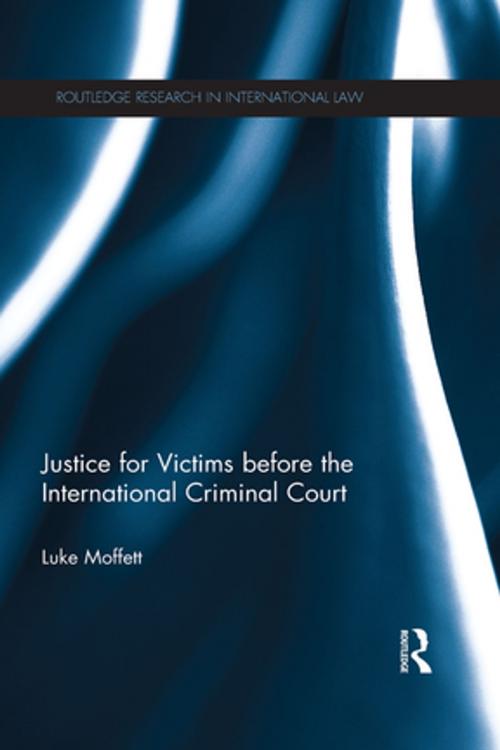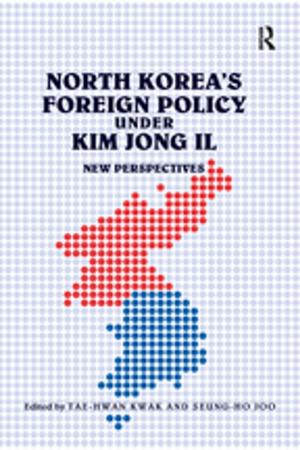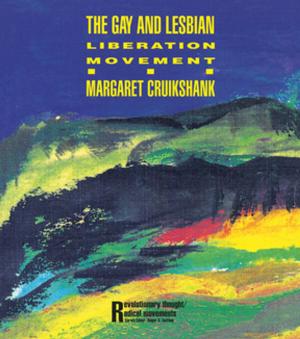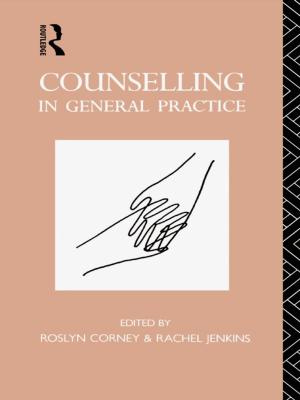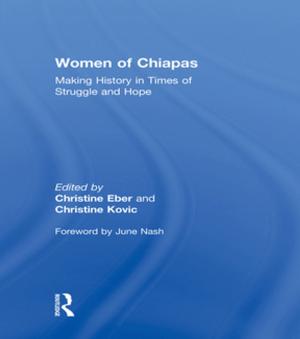Justice for Victims before the International Criminal Court
Nonfiction, Reference & Language, Law, International, Social & Cultural Studies, Social Science, Crimes & Criminals, Criminology| Author: | Luke Moffett | ISBN: | 9781317910817 |
| Publisher: | Taylor and Francis | Publication: | June 27, 2014 |
| Imprint: | Routledge | Language: | English |
| Author: | Luke Moffett |
| ISBN: | 9781317910817 |
| Publisher: | Taylor and Francis |
| Publication: | June 27, 2014 |
| Imprint: | Routledge |
| Language: | English |
Many prosecutors and commentators have praised the victim provisions at the International Criminal Court (ICC) as 'justice for victims', which for the first time include participation, protection and reparations. This book critically examines the role of victims in international criminal justice, drawing from human rights, victimology, and best practices in transitional justice.
Drawing on field research in Northern Uganda, Luke Moffet explores the nature of international crimes and assesses the role of victims in the proceedings of the ICC, paying particular attention to their recognition, participation, reparations and protection. The book argues that because of the criminal nature and structural limitations of the ICC, justice for victims is symbolic, requiring State Parties to complement the work of the Court to address victims' needs.
In advancing an innovative theory of justice for victims, and in offering solutions to current challenges, the book will be of great interest and use to academics, practitioners and students engaged in victimology, the ICC, transitional justice, or reparations.
Many prosecutors and commentators have praised the victim provisions at the International Criminal Court (ICC) as 'justice for victims', which for the first time include participation, protection and reparations. This book critically examines the role of victims in international criminal justice, drawing from human rights, victimology, and best practices in transitional justice.
Drawing on field research in Northern Uganda, Luke Moffet explores the nature of international crimes and assesses the role of victims in the proceedings of the ICC, paying particular attention to their recognition, participation, reparations and protection. The book argues that because of the criminal nature and structural limitations of the ICC, justice for victims is symbolic, requiring State Parties to complement the work of the Court to address victims' needs.
In advancing an innovative theory of justice for victims, and in offering solutions to current challenges, the book will be of great interest and use to academics, practitioners and students engaged in victimology, the ICC, transitional justice, or reparations.
